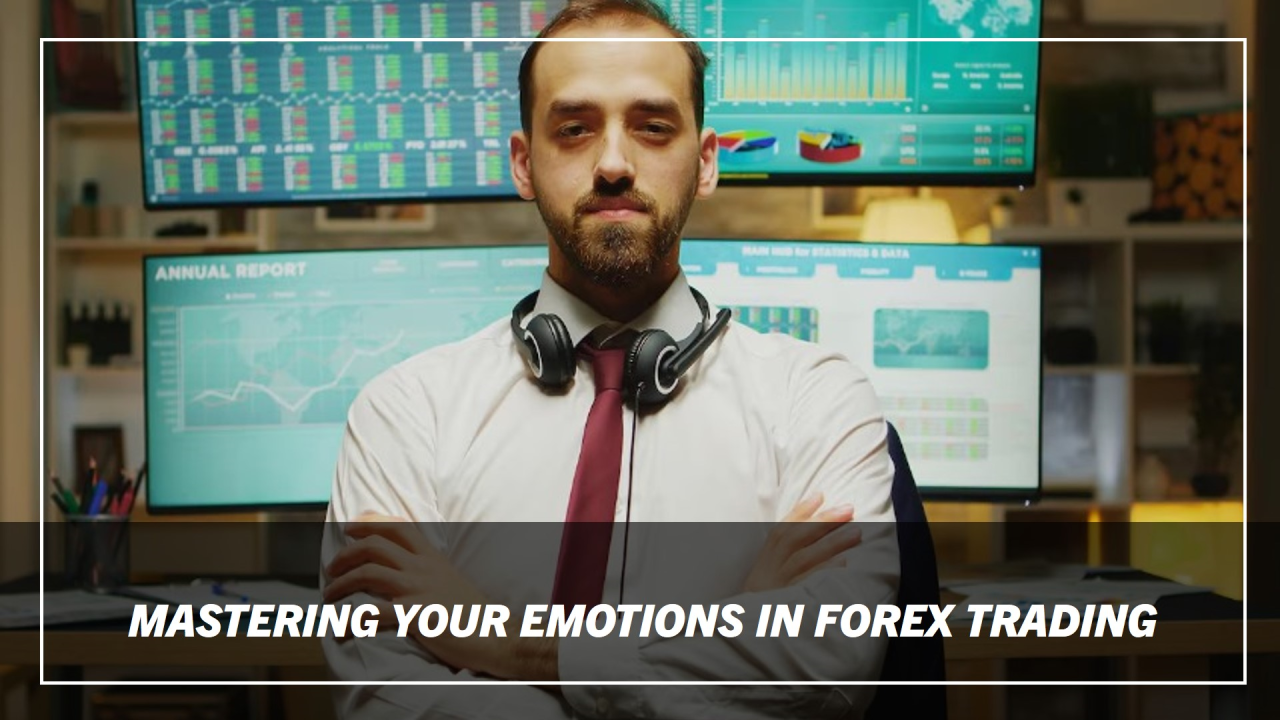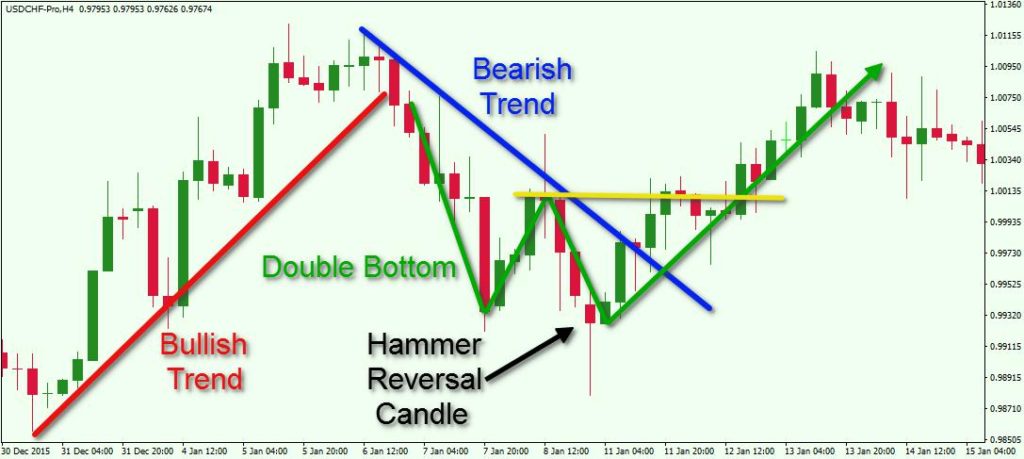In the fast-paced world of forex trading, technical strategies and market analysis often take center stage. However, one critical factor that determines trading success is often overlooked: psychology. Emotions, discipline, and mental resilience play a pivotal role in your decision-making and overall performance as a trader. Understanding and mastering the psychology of trading can help you navigate the complexities of the forex market with greater confidence and control.
The Role of Emotions in Forex Trading
Emotions are a natural part of the human experience, but in forex trading, they can cloud judgment and lead to impulsive actions that derail your strategies. Common emotional challenges traders face include:
- Fear: Fear of losing money can cause traders to hesitate or avoid making trades, even when opportunities arise. This fear is often heightened during periods of market volatility.
- Greed: Greed drives traders to chase excessive profits or hold onto winning positions longer than they should, increasing the risk of a reversal.
- Frustration: Repeated losses can lead to frustration, prompting traders to make irrational decisions in an attempt to recover their capital quickly.
- Overconfidence: Success can sometimes breed overconfidence, causing traders to ignore risks and take larger-than-necessary positions.
Why Emotional Control Matters
The ability to manage emotions effectively is a hallmark of successful traders. Emotional control allows you to:
- Stick to Your Strategy: Avoid impulsive decisions and stay disciplined in following your trading plan.
- Maintain Objectivity: Analyze market conditions and opportunities without bias or emotional interference.
- Reduce Stress: Stay calm during market volatility and focus on long-term goals rather than short-term fluctuations.
Tips for Mastering Your Emotions
Overcoming emotional challenges in forex trading requires conscious effort, practice, and strategic adjustments. Here are some actionable tips to help you build emotional resilience:
- Create a detailed trading plan with clear rules for entry, exit, and risk management.
- Use stop-loss orders to define your maximum acceptable loss per trade.
- Risk no more than 1-2% of your account balance on a single trade.
- Take regular breaks to avoid mental fatigue and emotional strain.
- Practice with a demo account to build confidence and refine your strategies.
- Focus on long-term objectives instead of chasing short-term profits.
- Accept losses as part of the learning process and treat them as opportunities to improve.
Staying Calm During Market Volatility
Market volatility is one of the greatest challenges for traders, as it often triggers emotional reactions like panic or euphoria. To stay calm during volatile periods:
- Stay informed about economic events and trends that influence market movements.
- Limit leverage to avoid amplifying risks during volatile market conditions.
- Reflect on past trades to identify patterns and improve your strategies.
Final Thoughts
Mastering the psychology of forex trading is a continuous process that evolves with your experience and market knowledge. While technical analysis and strategies are essential, mental discipline is the glue that holds them together. By understanding your emotions and implementing these tips, you can build resilience, make informed decisions, and achieve greater consistency in your trading journey.
Remember, success in forex trading is not just about numbers—it's about mastering yourself. Embrace the journey, and let the psychology of trading be your guiding force toward long-term success.







Comments On This Post